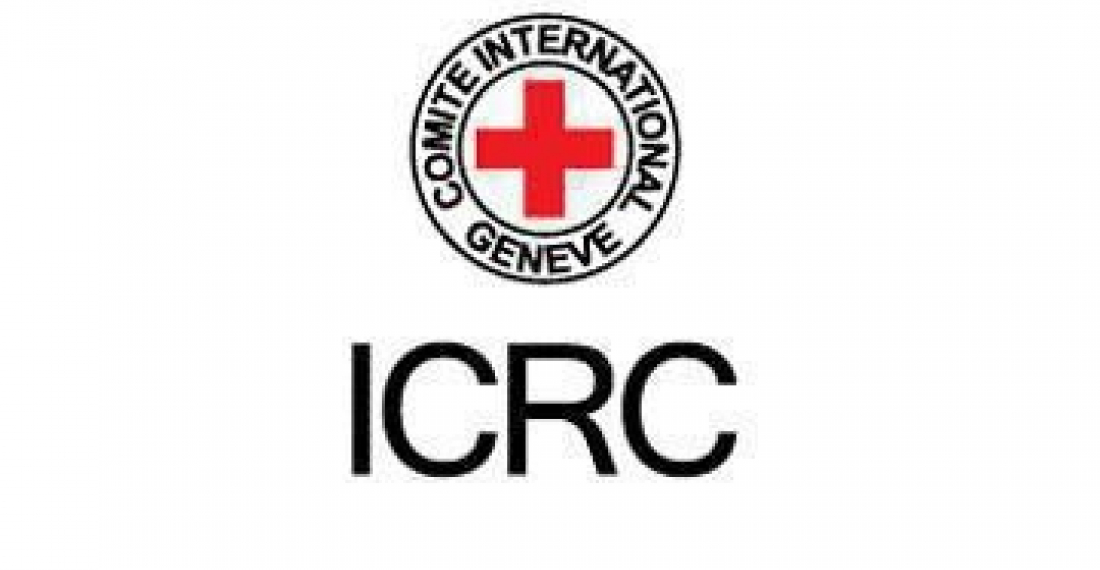The fate of thousands of people missing during the conflict between Armenians and Azerbaijanis from 1989 -94 in and around the territory of Nagorno Karabakh has been an emotional, even if marginal issue connected with the conflict and its eventual resolution. Those missing are assumed to be dead, probably buried in unmarked graves in the haste of war. For their families the absence of a body, or of definite proof of death means that they cannot have closure to their loss.
These relatives hope that once there is settlement to the conflict it would be easier to find the bodies and ascertain the circumstances of the death of their relatives.
The International Committee of the Red Cross have done sterling work on many issues connected with the humanitarian asspects of the conflict. One of its tasks in recent years has been to compile a register of the missing, with important data that may one day help identify the remains of the missing. In recent years this has become a matter of urgency since many of the relatives of the missing - usually parents - are now getting old. Their death may mean that vital information could be lost for ever. The ICRC has therefore put a lot of effort to finalise the compilation of the register. A lot of information is based on face to face interviews that the ICRC has conducted with the relatives of the missing.
The ICRC's protection coordinator for Azerbaijan, Sylvie Graenicher, told TREND news agency that the number of missing people might change. The ICRC has collected information about them from their family members in an ante-mortem database. This work has been done in collaboration with the Red Crescent Society of Azerbaijan. Information about 3,631 missing people has been accumulated so far. Graenicher said ante-mortem information about several other people was being gathered at the moment.
“A licence agreement between the ICRC and Azerbaijan’s State Commission for Prisoners of War, Hostages and Missing People was signed in January. In line with this agreement, a special database of missing people, created by the ICRC, will be handed to the State Commission. In future months, the first 150 questionnaires will be submitted to the State Commission for inclusion in the database. The entire information on 3,631 missing people will be handed to the State Commission for phased inclusion in the database," she said.
The database is designed to bring together all the information about the missing in order to help clear up their fate in future.
Graenicher said differences remained between the lists of the ICRC and the State Commission.
“A few years ago, these lists were very different. The difference is that the ICRC gathers information only with the help of the families of the missing, while the State Commission is able to collect information from other sources. Then these lists are compared and differences are removed. Now this gap has diminished and I hope it will disappear or be reduced to a minimum in a couple of years,” she said.
source: commonspace.eu newsroom with reports from Trend News Agency and news.az







